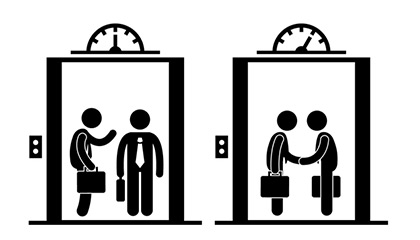The first event I attended was during diversity week at RIC. It was held in the SU Ballroom. The title of the event was Growing Up Hearing/Growing Up Deaf. I also attended this event for my sign language class I am taking this semester, ASL 102. The reason I am counting this event for YDEV is because I plan on using ASL in my career as a behavior analyst. This involves working with youth with autism in a school setting that may be non-verbal. ASL is often used as a form of communication for these students. It is more used with much younger children with autism, but can be used in schools as well.
This was a great event. It was facilitated by two women. One teacher who is deaf and works at the Rhode Island School for the Deaf, and also Marie Lynch who is hearing and is the head of the ASL dept. here on campus. The teacher talked about her struggles growing up Deaf especially when it came to her education, and not having access to sign language until college, which was very surprising to me. Marie talking about growing up hearing with two Deaf parents and often times having to be the translator and advocate for them. This forced her to grow up much faster than her peers, and made her involved in every aspect of her parents lives.
I actually had my first interaction with a Deaf person since learning ASL. (Besides my Deaf professor). I was pretty nervous but it went very well! I was able to sign that I had been taking ASL for about 3 months, and the reason I was taking it was because I want to work in a school someday and teach it to children.
Going to this event made me realize how much more advocacy work has to be done for the Deaf community. As a person that may be working with this population there are things I can do as a hearing person. For example, I can insist on closed captioning at the movies, even if I don't know if there is a Deaf person in the audience. Also, try to get more places with drive thrus to allow text orders for drive thrus. These are just some small actions I can take to make the hearing world more accommodating for Deaf people.
Here is a video of me from ASL class. We had to make up a fake family.


